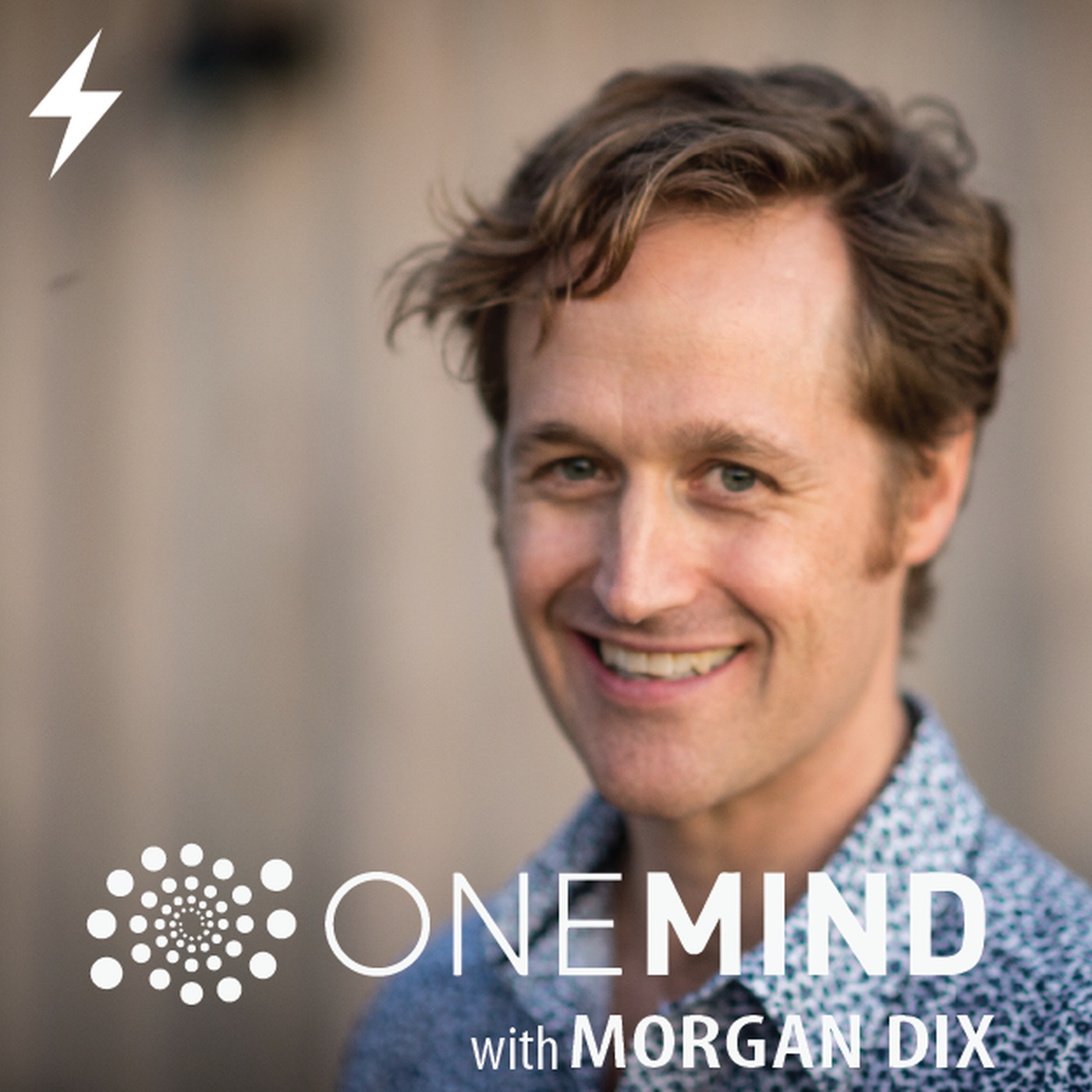
Do you have a clear way to manage your stress? When your stomach drops out and your adrenaline kicks in, what do you do?
According to a mountain of scientific evidence, stress erodes nearly every significant system in our body. That’s why it’s important to develop some conscious tools to help you mitigate the effects of stress on your mind and your body.
Fortunately, it’s abundantly clear that stimulating your relaxation response is one of the best ways to combat, and even reverse, the negative effects of chronic stress. Can you guess one of the best ways to trigger your relaxation response?
Exactly, it’s meditation.
These days, we are used to living with stress, but let’s break it down for a second. What’s actually happening when our stress response kicks in? And why does chronic stress lead to hypertension, headaches, insomnia, irritable bowel syndrome and chronic low back pain, as well as heart disease, stroke and cancer?
Fight Or Flight
First, stress is built on the idea, real or imagined, of scarcity. You don’t have enough time. You don’t have enough money. You don’t have the resources you need to get the job done. Stress has the effect of shrinking your world down to the size of a pea.
In essence, once your stress response has kicked in, it’s easy to feel like everything is a problem. And it feels bad, like you’ve got acid running through your veins. You’re nervous system is racing and red-lining like a high-performance sports car with smoke spilling out from the hood.
There’s a good reason for that.
In response to a perceived threat, your biological system has kicked into primitive survival mode and flooded your body with the kind of stimulants—epinephrine and norepinephrine—that give you the strength to fend off enraged gorillas.
Consequently, your ability to concentrate is impaired. Your breathing is shallow, your heart beat surges, and your blood pressure spikes. At the same time, your immune system is severely compromised.
At the biological level, the executive function in your brain is shutting down and your primitive amygdala brain—the one designed to deal with lions and tigers and bears—has seized the steering wheel. Tranlation? Say good bye to short-term memory, concentration, inhibition, and rational thought. So long to your social coordination too.
Oh, and I forgot to mention, your brain has also released an array of hormones and proteins that modulate stress by decreasing sleep and increasing alertness and anxiety.
Now here’s the problem. Most of us live with a measure of stress which is ok. But a lot of us live with chronic stress, and that’s not ok. In that case, the above scenario is happening as a baseline response to non life-threatening events, like criticism from your boss, bad traffic, or from watching the news.
See the problem?
The Relaxation Response
Now think of your relaxation response. It’s the opposite. Your mind is clear, calm, and centered. Your body is supple and relaxed. You’re grounded in the present moment and you feel a sense of abundance and expansiveness. The world around you is a creative and dynamic space of relationship and ideas. You’re happy to be alive and you feel that life is good.
Physically, your blood pressure normalizes along with your heart beat and breathing. Your body returns to a homeostatic state. Since 1971, when Herbert Benson released the landmark book, The Relaxation Response, there have been numerous studies on the relaxation response which have highlighted the following short-term benefits to the nervous system:
- lower blood pressure
- improved blood circulation
- lower heart rate
- less perspiration
- slower respiratory rate
- less anxiety
- lower blood cortisol levels
- more feelings of well-being
- less stress
- deeper relaxation
How To Manage Stress With Meditation
For those of us who live in the West, stress is a normal part of our achievement-oriented culture. But is chronic stress an acceptable cost of our success?
In this episode of the OneMind Meditation Podcast, we discuss physical, emotional, and psychological costs of stress and some of the science around stress. Then we examine four mindful steps you can take to manage stress through meditation.
We explore stress in the context of:
- Burnout
- Stress Addiction
- Lack Of Focus
- Spreading Yourself Too Thin

Show Notes
- If you enjoyed this podcast, you may also like our Meditation for Life Mini Course
- Learn more about our free awareness meditation course, How To Free Your Mind & Discover Deep Peace
- Take a self-paced introduction to Meditation, explore the Core Training Program
- Leave us a rating & review on iTunes
I have found that in my personal life, stress increases with age, or maybe the ability to deal with stress decreases as you get older. I have also discovered that meditation is the only outlet that works for me. I use mantras to meditate because that is what was taught to me as a child, however any kind of meditation works to relieve unsurmountable stress. Now I’m trying to use it to lower my blood pressure and even to lose weight. Thanks for a great article!
Hi Nina! Thanks so much for your comment and insights. I think more and more people are making a similar discovery to the one you are pointing to. Meditation is an incredibly effective way to relax and stop all the noise. Good luck and keep us posted!
Yes, I go back to Meditation stimulates the relaxation response, center the mind, freshThinking, having more energy, also repecting yourself and knowing yourself
Equinimity
Meditation for me influences all areas of my life
Hi Margarita,
That’s awesome! Thanks for sharing.
Wonderful, I have at last discovered how to contact you, as I have wanted to say how much your courses have been a help to me.
Without going into my situation too deeply, I feel reluctant to discuss this to the world, BUT I have reached the age of 80 years and have ‘played with meditation for many years but never felt I was getting to the place I wanted to be ……until now, that is.
For the last three years I have been undergoing a family business crisis, and have not been able to resolve it on my own and the angst has been causing me physical problems, as you can imagine. After one ‘row’ over the phone my B P was 218/187 and it was then I tried to use meditation and this did not work and so had to resort to the Medics to help lower it; eventually, I was able to regulate the heart beats etc. and am now back to a reasonable state, off pills and using my alternative props. as before and have ‘discovered’ your type of meditation along with Mindfulness which is only in its early stage with me.
I am finding this so beneficial, I just wanted to thank you so very much for enlightening me. Keep up the good work and I will keep up the meditation!
Hi Shirley,
Wow thank you so much for sharing your experience. I’m glad to hear that the meditation is helping you relax and find that calm space inside. And I’m happy that our resources are helping you. And that sounds like a really good deal – you keep up the meditation and we’ll keep producing the goods out our end :-).
One thought I had. You might enjoy the book Mindful Work from David Gelles. I’ll be interviewing him in March, but the book really focuses on the intersection of business and meditation and your short anecdote reminded me of that. He’s a great writer and the book also has a nice section on the history of meditation.
I look forward to hearing how your progress unfolds and thanks again for sharing your inspiring story.
Wonderful and so useful. Thank you so much for your kindness. We need to be reminded that there is a peaceful place inside our minds and we can go there.
Hi Honey,
Thanks so much for your comment. I’m happy your enjoyed it! I couldn’t agree more. It’s so important to have these reminders.
Useful insight giving rise to expanding opportunities in the fields of Meditation, Mindfullness and Mind processes.
Would welcome your thoughts on
1) Posture: sitting, standing and laying down when activating the meditation process.
2) Breathing preparation before commencing ……. and during meditation.
Thanks for your questions Richard.
1) When meditating, I definitely recommend sitting up with your spine straight. You can use a chair or a zafu (cushion). That’s the most conducive position for remaining relaxed and alert. Some people do prefer to lie down and that works for them. But understand that lying down can quickly lead to sleep, which is great, but it’s not meditation.
2) I don’t practice in a tradition that emphasized any particular approach to breathing. My teachers taught me to breathe naturally and just give all my attention and focus to following the meditation instructions.
I hope this helps. Thanks again!